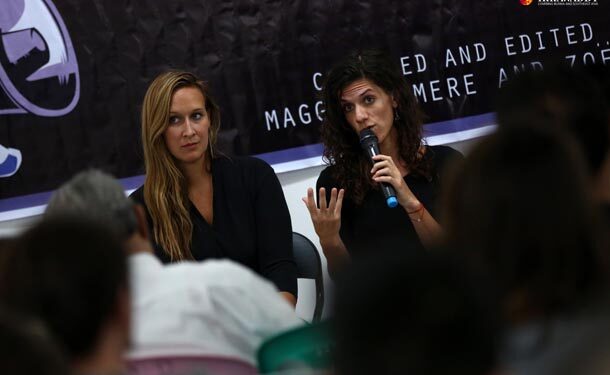RANGOON — For the last five years, the personal oral accounts of former political prisoners and refugees from Burma have existed in consolidated form for international audiences, but these tales of misery and suffering were not available to Burmese readers in their native language—until now.
With publication of a Burmese translation of the book “Nowhere to Be Home,” made possible in no small part by the demise of state censorship, narratives from survivors of Burma’s former military regime will finally be heard locally, as the translation hits bookstores inside the country this week.
Since independence in 1948, most of Burma’s ethnic areas have seen decades of war between the government and local rebel groups pressing for federalism and greater autonomy. These conflicts have killed thousands of people from ethnic minority groups and left hundreds of thousands more displaced or exiled.
Over decades of military rule, a failed 1988 pro-democracy uprising fueled an intensification of human rights abuses against dissidents and ethnic minorities, leading tens of thousands to flee across the border into neighboring countries.
Originally published in English in 2011, “Nowhere to Be Home” is the seventh volume in a series by Voice of Witness, a non-profit organization that uses oral histories to highlight human rights crises in the United States and around the world.
While the stories of many sharing similar experiences to those in the book were not unheard of, with the international press and a number of exile media organizations including The Irrawaddy working to shine a light on atrocities committed by the former junta, those stories were largely for an international audience. Oppressive censorship inside Burma meant these accounts were not printed in the pages of local news journals, and websites like The Irrawaddy were blocked from Burmese internet users.
With pre-publication censorship abolished in 2012, now the domestically marketed translation will offer Burmese readers the personal accounts of the military regime’s victims, including a man who was forcibly recruited as a child soldier when he was 9 years old, and a woman who was arrested and tortured for her affiliation to the National League for Democracy (NLD).
San Mon Aung, the book’s Burmese publisher, told The Irrawaddy that the narratives in “Nowhere to Be Home” are the voices of ordinary people who had suffered under dictatorship, adding that “people living in big cities should hear them, what really had happened to those people.”
“Only the voices of big names are heard here. I just let the underdogs’ voices out,” he said.
Maggie Lemere and Zoe West, who compiled and edited the original book, told The Irrawaddy that they were both “very emotional and extremely happy to know that the stories have come home back to Burma,” with a Burmese-language translation sold in Burma being a goal of theirs from the very beginning of the project.
Nonetheless, “It’s quite shocking for us to have it here,” West acknowledged.
Lemere said she hoped schools and training organizations in Burma could use the stories to help promote empathy and understanding for others’ experiences, something previously made difficult by censorship and a lack of information and communication between different groups, especially between urban and rural, remote populations.
“So we hope, for example, that people can read stories, maybe from a group they don’t know or an experience they don’t know, and begin to see the commonality and have a more shared vision for the country to move forward,” she said.

















